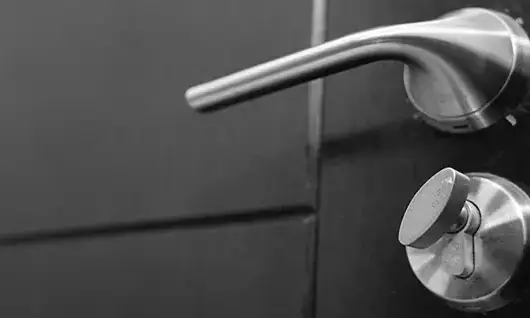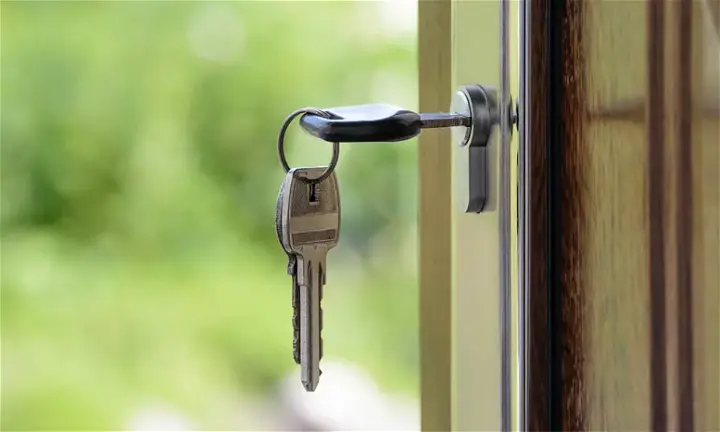
Early termination of a lease agreement - can it be done?
There are numerous reasons, from a change in job location to a change in financial position, that could lead to a tenant wanting to end their lease early. However, this is not always possible and doing so when it’s not permitted could lead to some nasty consequences.
When is ending a lease early possible for tenants?
There are four instances which would allow the early termination of a lease agreement by a tenant. These are:
- The landlord agrees that the lease agreement can be ended early - known as a ‘surrender’
- There is a break clause in the contract
- The tenant is allowed to sublet
- The tenant passes the lease onto someone else
If none of these criteria are met, it is the tenant who will be responsible for paying the rent payments until the end of the fixed term.
If there is more than one person’s name on the tenancy agreement, the tenants are joint tenants. In this case, ending a lease early is only possible if all of the joint tenants agree.
If the contract contains a break clause, early termination of tenancy is possible, however how early they can terminate the lease agreement depends on what the break clause says. For example, the clause may state that the lease can be broken after 6 months, as long as you give one month’s notice.
If your contract has a break clause, or if your contract continued after the fixed period, and you want to find out about giving notice to leave the property, check out our other article ‘Ending a lease: What is the notice period for Rented Accommodation?’
If the contract states that subletting is not permitted, the tenant is not able to sublet their room/property. If the contract states that subletting is permitted following consent of the landlord, they will need to be asked and approve the sublet. If it is a fixed-term contract and there is no mention of subletting, the tenant can sublet and the landlord’s permission is not needed.
Consequences of leaving early if you’re not allowed
Leaving the property without returning, posting the key through the letterbox,and telling the landlord you are leaving without them approving the early termination are all classed as an abandonment of tenancy (if the landlord approves the early termination of tenancy, it is not abandonment). If you abandon the property, you are liable for the rent payments until the end of the fixed-term contract or until the landlord lets the property to a new tenant. If you refuse to pay, the landlord can take money from your deposit or apply for a court order in order to receive the money you owe. If you have rent arrears or abandon a tenancy, it can be more difficult to be able to rent or buy in the future.
When is ending a lease early not the right idea?
The early termination of a lease agreement might seem like the only way to fix the situation you are in - however, this may not be the case. If you are wanting to end your lease early due to your landlord repeatedly not responding when you try to contact them or not holding up their end of the deal in regards to repairs, there are steps you can take before it comes to this.
- Make sure you know who is responsible for the repairs. It’s usually the landlord but double check your contract to make sure this is the case. However, if you or any of your guests are responsible for any damage to the property and/or its furnishings (if applicable) then it is likely that you will be responsible for these repairs.
- Keeping copies of any attempted correspondence with the landlord is highly advised, as well as photos of the damage/problem and any doctor’s notes if your health has been affected, as these can be used as proof if you end up going to court
- Contact your local council and request their environmental health team to inspect your home. If they find that it is not fit to live in, they can instruct your landlord to carry out repairs and/or improve the living conditions.
If your landlord still won’t carry out the repairs, you could take them to court. If the court rules in your favour, they can order your landlord to carry out the repairs or to pay you compensation.
Please note: Do not stop paying your rent due to issues with the property. Your landlord is able to take steps to evict you if you withhold rent payments.
When is the early termination of a lease agreement by the landlord permitted?
For Assured Shorthold Tenancies, early termination of tenancy by landlords for fixed-term tenancies is not possible unless there is a break clause in the tenancy agreement, or if the tenant has breached a term in the tenancy agreement, e.g. damaging the property or not paying rent. Find out what type of tenancy you have by checking out our blog post on the different types of tenancy agreements.
In the case of lodgers and excluded occupiers, a landlord should give reasonable notice to leave, which can be given verbally unless there is a written agreement that states that the notice must be written.
More information about eviction can be found on Shelter’s website.



